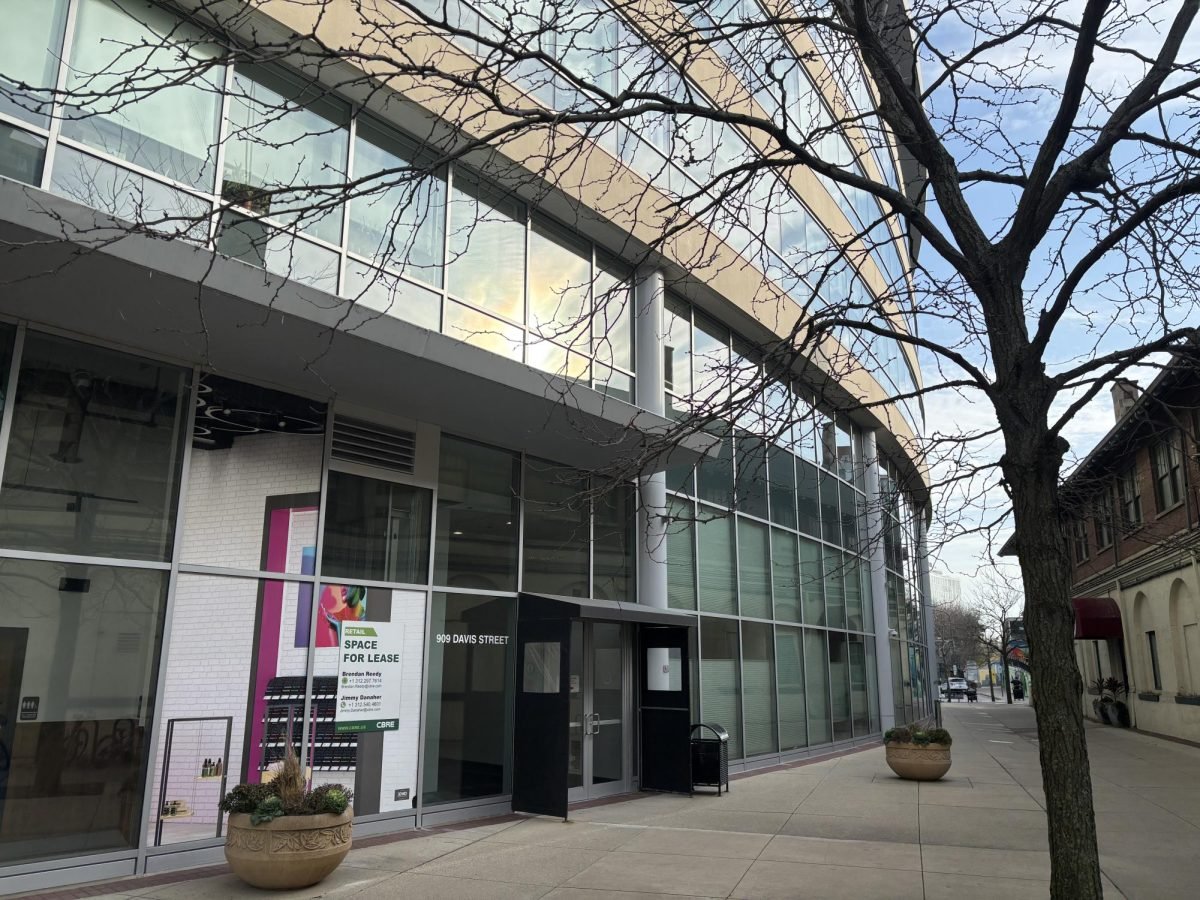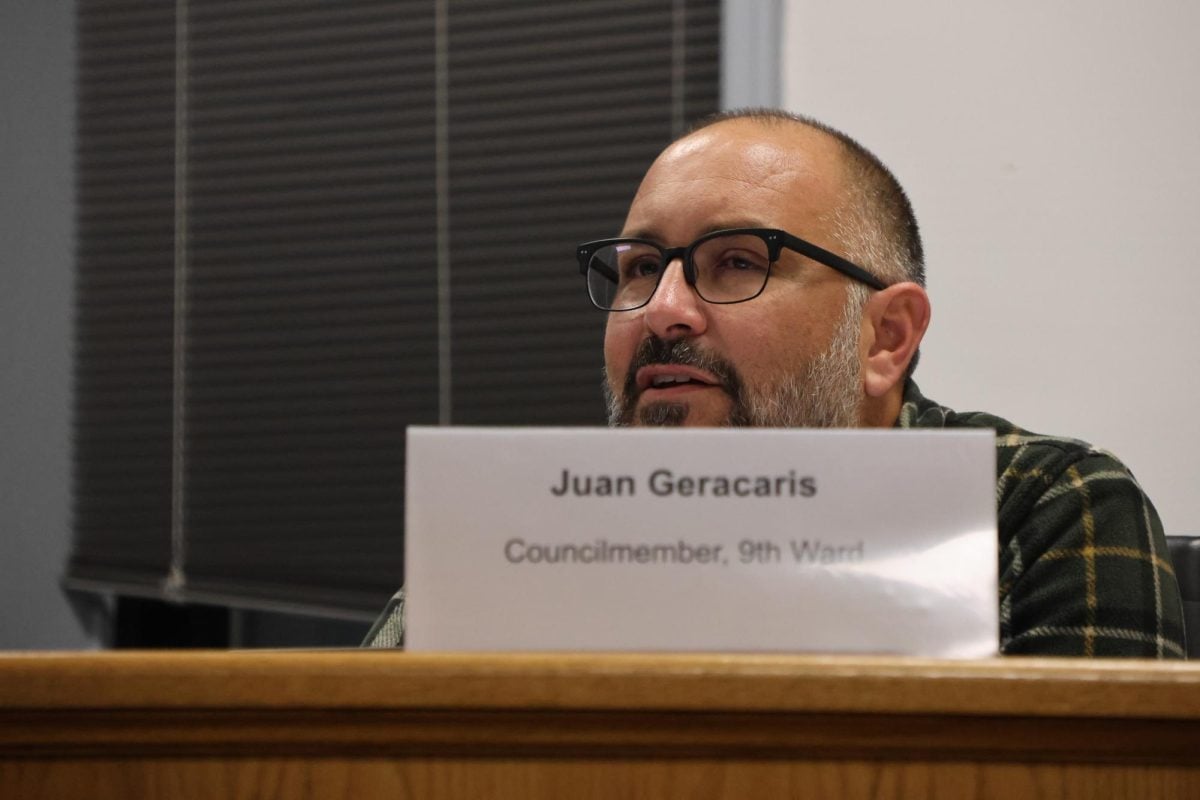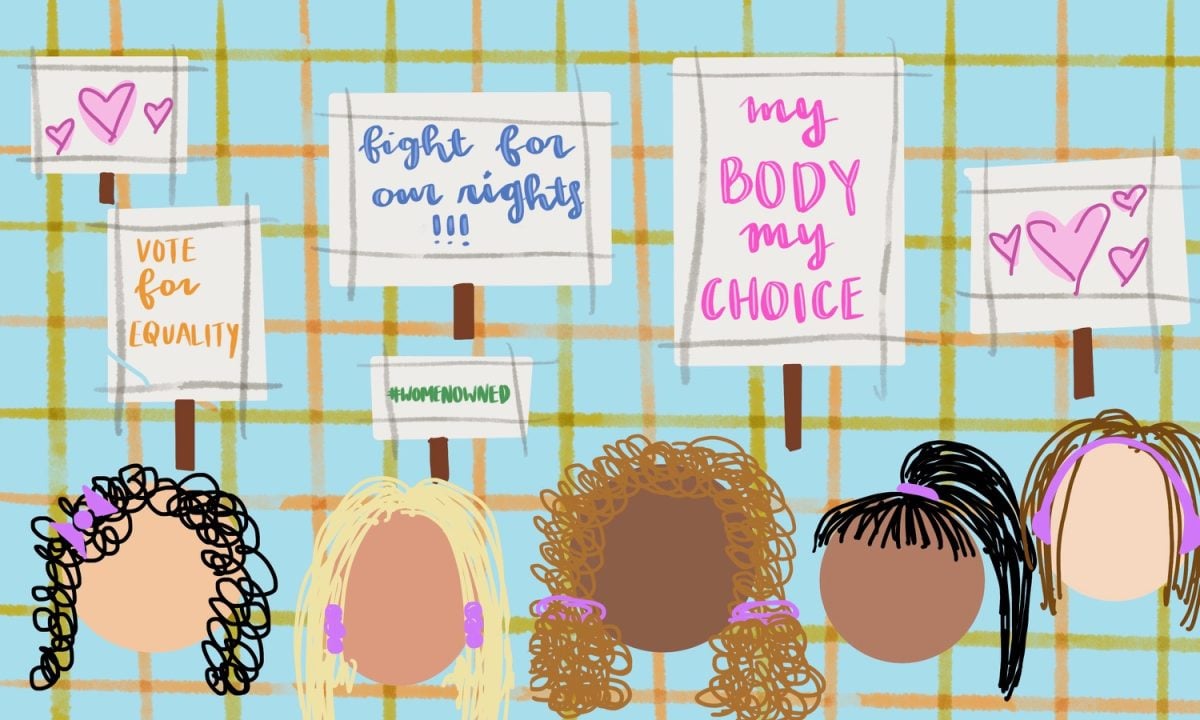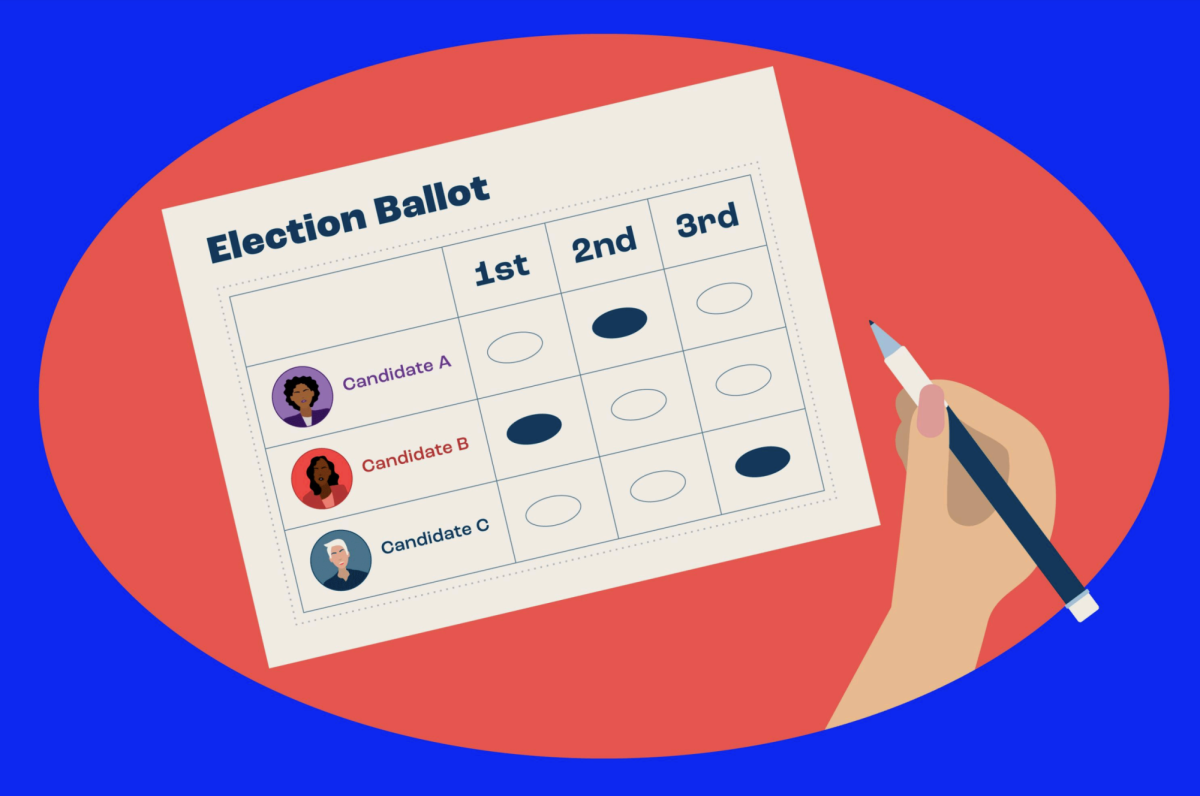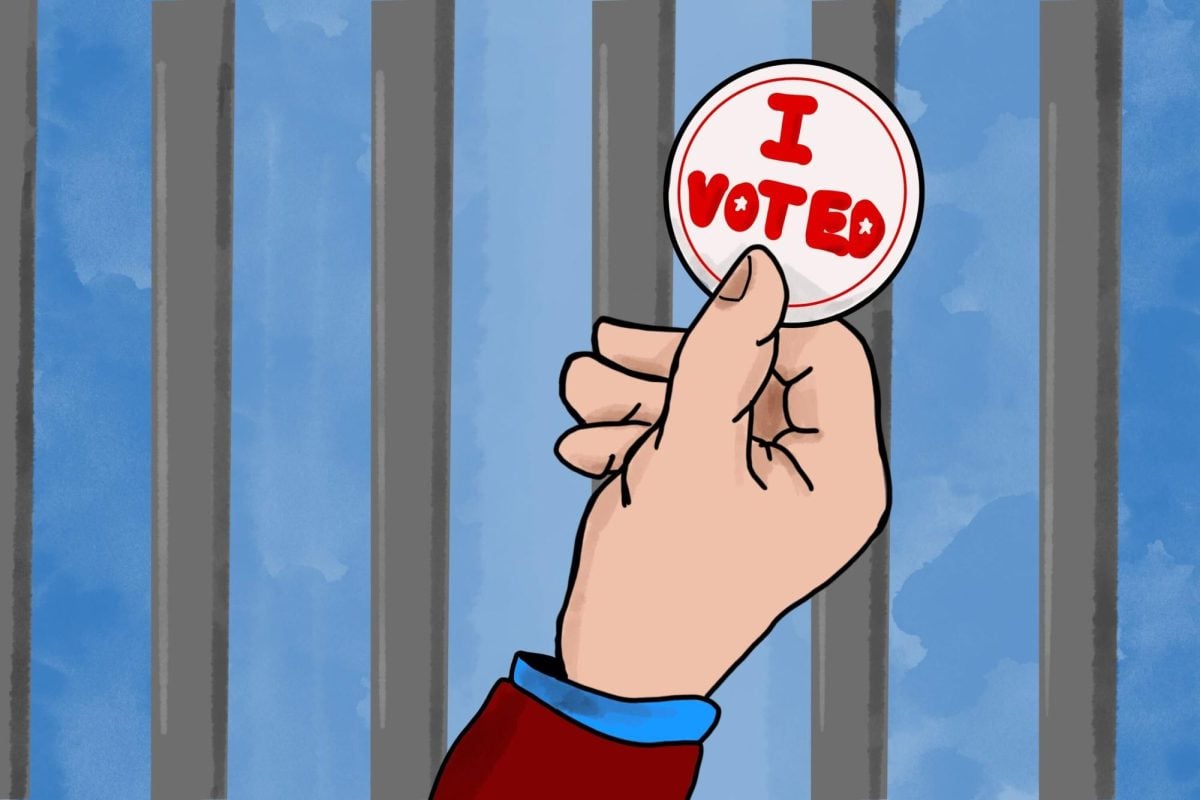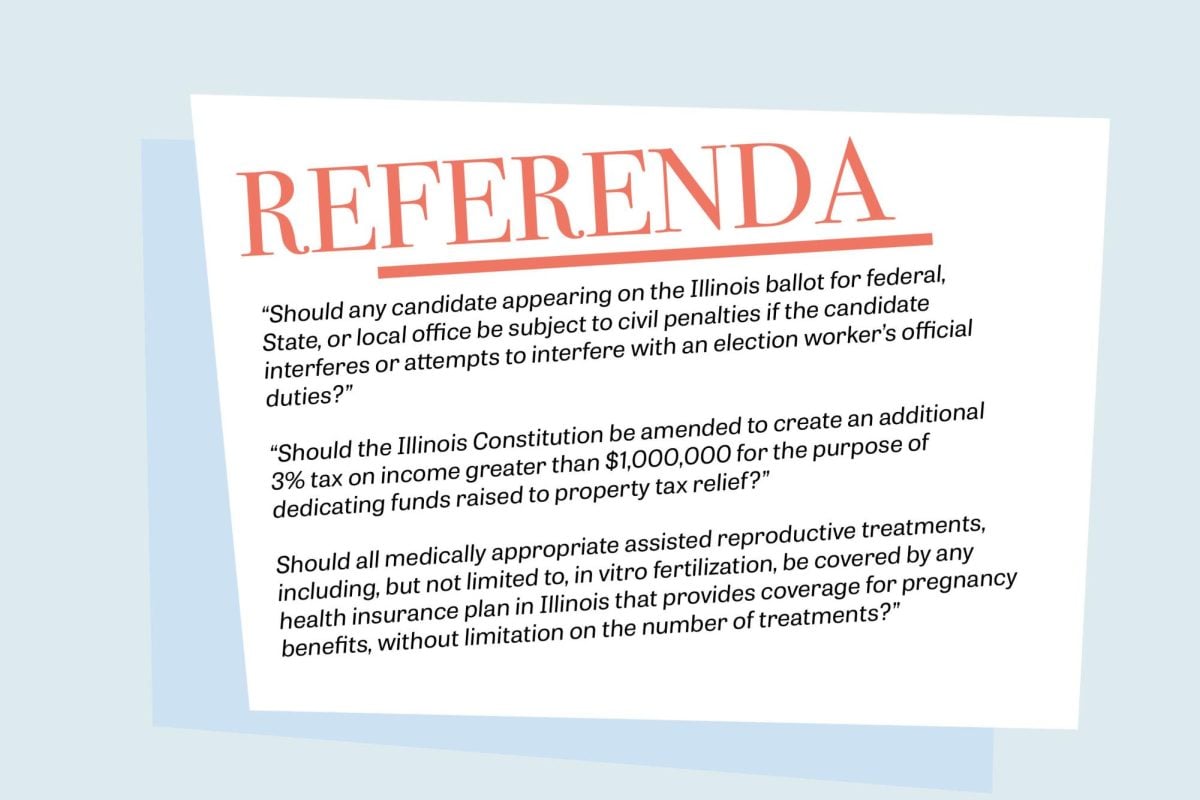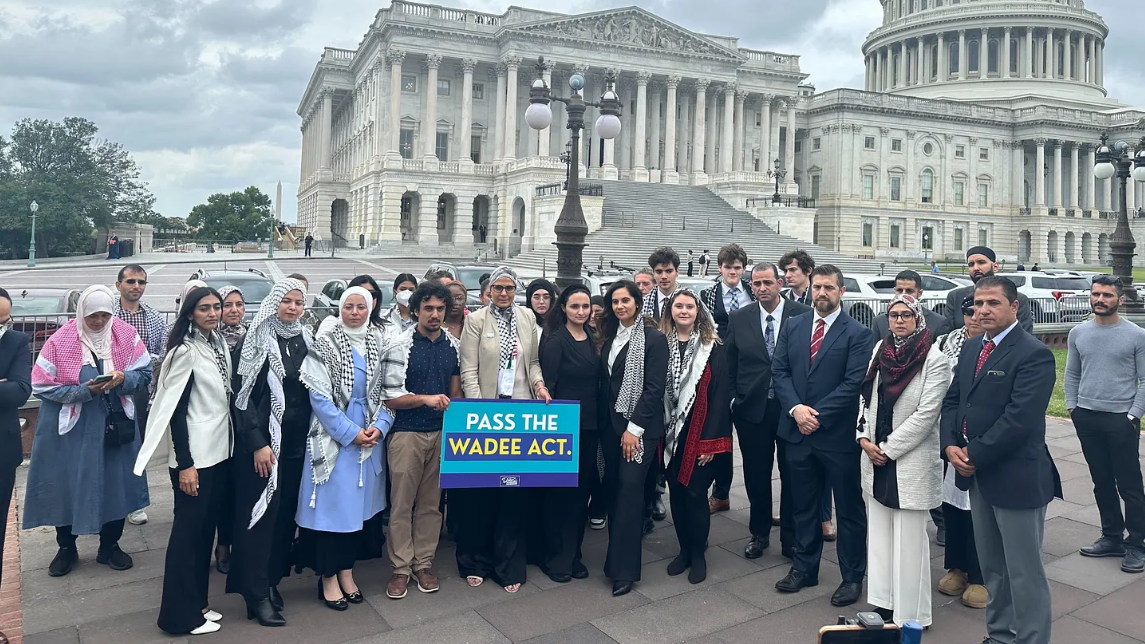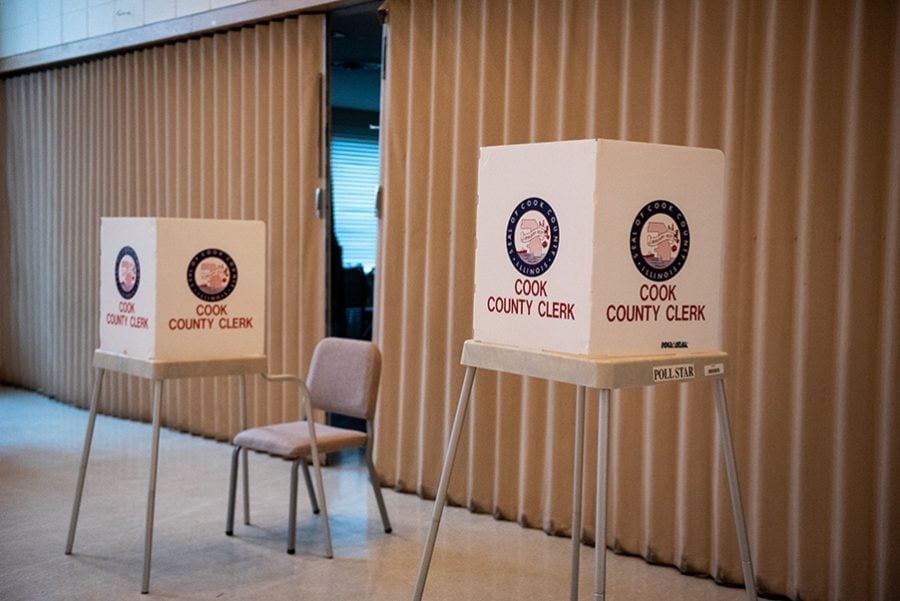More Evanston residents who cannot afford health insurance may soon be eligible for Medicaid coverage.
The Illinois Senate passed a Medicaid reform bill Tuesday that would extend coverage to uninsured low-income residents regardless of their parental status. Gov. Pat Quinn said he will sign Senate Bill 26 into law.
“This bill will not only expand access to health care for the uninsured, it will also strengthen our efforts to transform Illinois’ health care sector into a wellness system that focuses on preventative services and provides better quality treatment when people do become sick,” Quinn said in a news release.
The state currently provides Medicaid coverage to low-income residents, defined as those earning less than 133 percent of the federal poverty line, only if they are parents with children under 18. The bill would cover an estimated 350,000 Illinois residents who are currently uninsured. It would also exempt these residents from the requirement to purchase health insurance under the Affordable Care Act.
Under provisions of the bill, the federal government would fund the extended coverage for the first three years. Afterward, the federal government would provide 90 percent, or the state would stop the extended coverage.
The Illinois Hospital Association, which has members from the NorthShore University HealthSystem Evanston Hospital and Saint Francis Hospital, supported the bill.
“Illinois hospitals over the years … have long supported increased coverage and access to quality healthcare for all Illinoisans,” IHA spokesman Danny Chun said. “We think this is a major step, as part of the Affordable Care Act, to meet that goal.”
Pamela McKenzie, healthy living residence program director at the McGaw YMCA, said the bill would improve health care access to low-income residents, who often wait longer to see a doctor because they do not have insurance. McKenzie said an April survey of 92 residents at the YMCA found 27 percent of them do not have health insurance, and 16 percent use the emergency room as their primary health care.
“I think it’s extremely important that people without insurance have access to Medicaid, especially if they can’t get it through employment,” she said. “They will be able to have better access to preventative healthcare, which will make people healthier and also be cheaper in the end for the community.”
However, some Republican state legislators opposed the bill, arguing it would aggravate the state’s financial burden.








